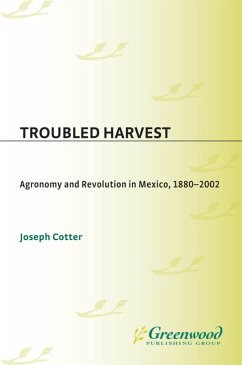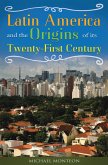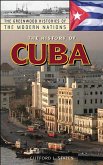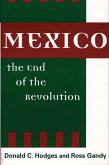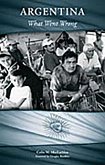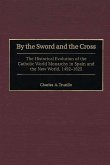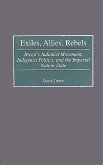During the 20th century, two revolutions swept rural Mexico: the Mexican Revolution and the Green Revolution. In both, revolutionaries promised to address the problems of rural poverty and underdevelopment. The Mexican Revolution led to a significant agrarian reform and created the State and elite that governed Mexico since the 1920s. The Green Revolution helped increase Mexican agricultural production substantially, and in 1970 it won a Nobel Peace Prize for Norman Borlaug, who bred dwarf hybrid wheat. Mexican agronomists played significant roles in both revolutions, but neither revolution brought prosperity to peasant farmers. This book examines the history of Mexican agronomy and agronomists to shed new light on the role of science in the Mexican Revolution, the origins of the worldwide Green Revolution, and general issues about the nature of the professions, the impact of professionals' ties to politics and the state, and discourses between members of Mexico's urban middle class and peasantry. Cotter also analyzes the impact of foreign models of science in Mexico, the history of U.S.-Mexican cooperation in the agricultural sciences, and the factors that led Mexico to seek scientific assistance from the United States. In a broad way, he reveals new aspects of the ongoing struggle for the right to define modernity and progress in rural Mexico, and offers new explanations for the failure of many of the State's efforts to assist peasant farmers.
Bitte wählen Sie Ihr Anliegen aus.
Rechnungen
Retourenschein anfordern
Bestellstatus
Storno

